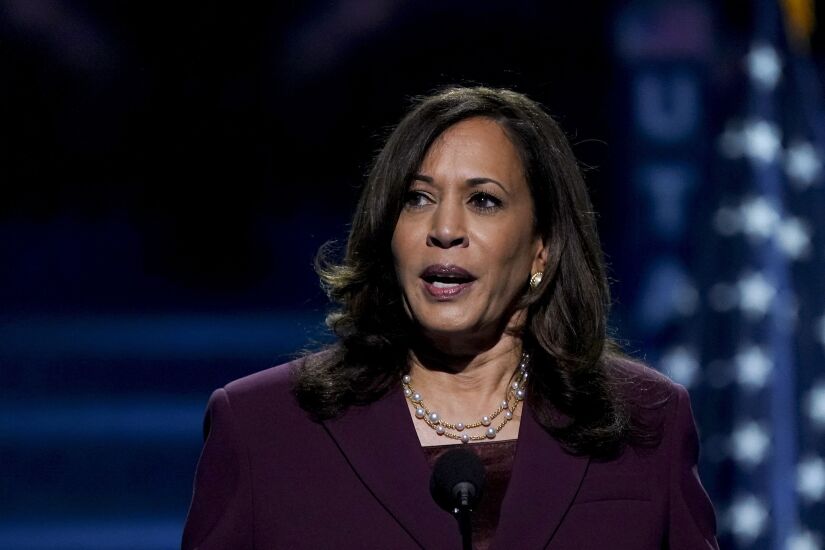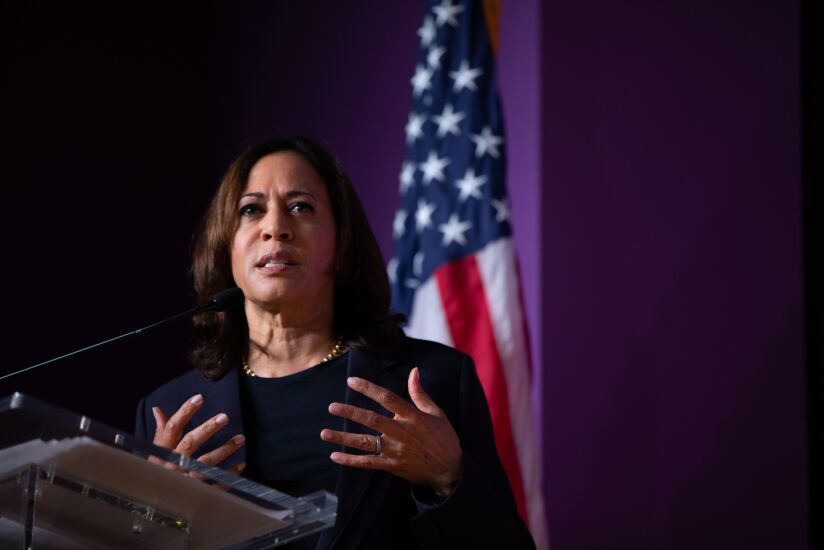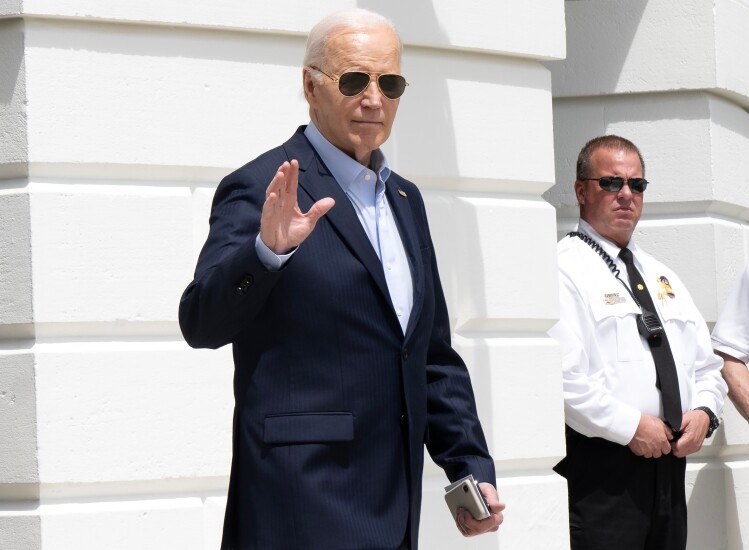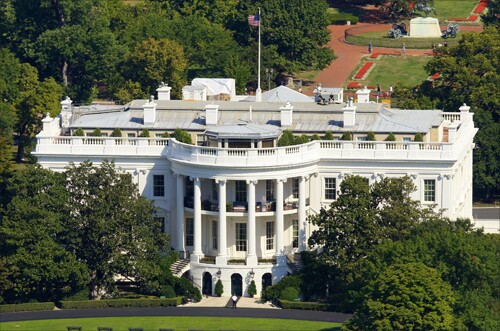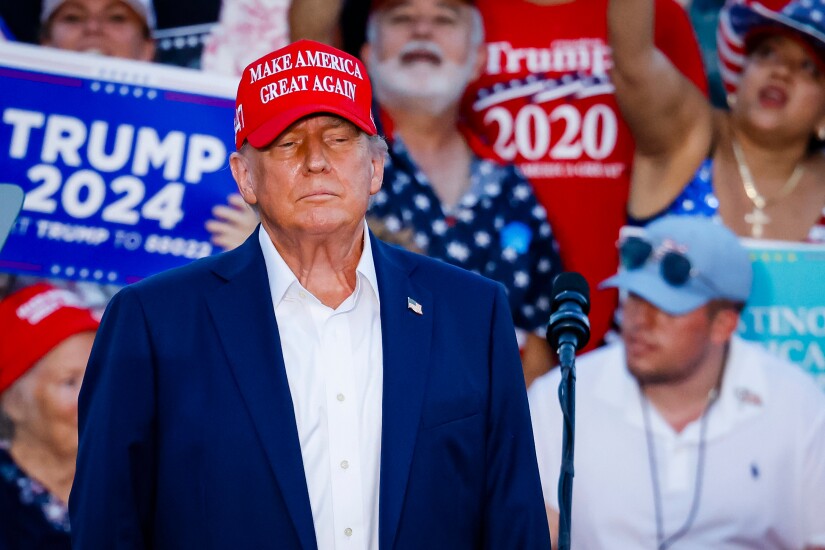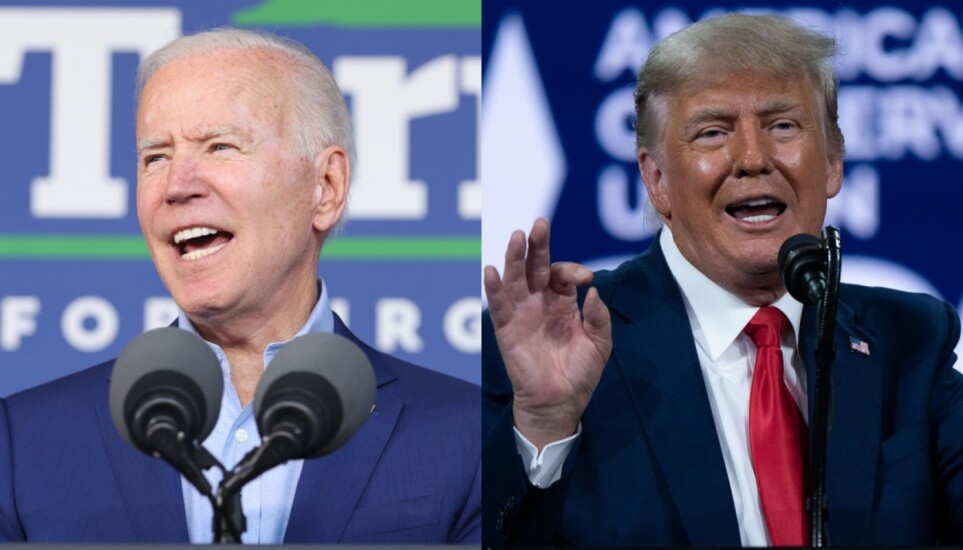
President Biden's decision
"While it has been my intention to seek reelection, I believe it is in the best interest of my party and the country for me to stand down and to focus solely on fulfilling my duties as President for the remainder of my term," Biden said in a
Biden has played a major role in shaping areas of the financial services industry during his time in office, including the
American Banker's
Some executives say that it's likely Harris would continue in line with the current administration's direction on banking regulations.
"In contrast to Trump's approach, which favored deregulation and a more hands-off approach, Harris' administration would aim to implement stricter controls and oversight to protect consumers and ensure financial stability," said Rick Kuci, chief operating officer for the New York-based small business funding fintech FundKite.
Trump was also able to enact significant changes throughout the banking industry during his tenure in the White House. While in office, Trump unwound the Department of Housing and Urban Development's
Jim Nussle, president and chief executive of America's Credit Unions, said in a statement that his organization remains committed "to [its] advocacy efforts on behalf of credit unions and the members they serve."
"As the general election cycle unfolds and changes emerge, our engagement with elected officials and candidates will continue to ensure focus on empowering credit unions to better meet the needs of Main Street America," Nussle said.
Below is a compilation of popular American Banker items that explore the legislative efforts of the past two administrations and offers insight into what the upcoming election could yield.

